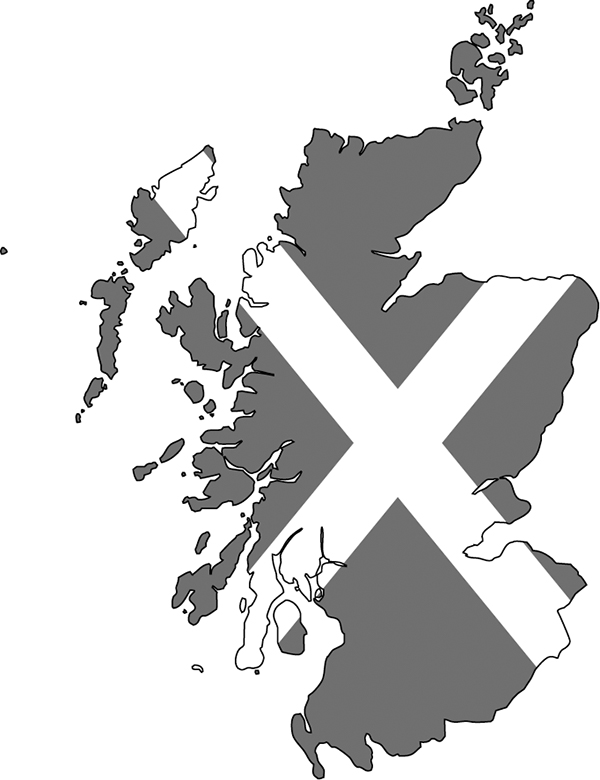Household Bills
Scots abolish ‘slab’ Stamp Duty; Homes worth over £250k hit with 10% tax

Homebuyers in Scotland purchasing property worth over £250,000 will face a soaring tax bill from April next year as Stamp Duty is abolished in favour of a new levy called the Land and Buildings Transaction Tax.
The Scottish Finance Secretary, John Swinney, announced yesterday that homeowners of £250,000 properties will see a 10 per cent charge and those with £1m homes will attract a 12 per cent fee.
It will mean the charge on buying a £1.5m house soars from £75,000 to £137,300.
The new tax starts on homes worth over £135,000 and will be charged at 2 per cent up to £250,000.
The new tax will only charge the amount above the threshold at the higher rate, not the entire value of the property like the current UK Stamp Duty regime.
The move may eliminate the price bunching that occurs currently just below each threshold and excludes approximately 45 per cent of Scottish homeowners.
It will begin to be applied from 1 April 2015.
Mortgage lender Nationwide welcomed the move, calling the tax a positive move away from the distorting effect of ‘cliff edges’ which face homebuyers.
Andrew Baddeley-Chappell, Nationwide’s head of policy and governance for mortgages and savings, said: “The move will particularly benefit first time buyers and those who are buying smaller properties, as the threshold above which the tax will start be paid has been set at £135,000, which will exclude a significant number of homes in Scotland.
“Nationwide has previously called for the removal of the slab structure from stamp duty and hope that if the new Scottish tax is shown to have positive benefits, stamp duty will be reformed in the same way across the rest of the country.”
Land and Buildings Transaction Tax (LBTT) which replaces Stamp Duty Land Tax is the first tax put in place by a Scottish Parliament for more than 300 years.
The Stamp Duty abolition was the centrepiece of a radically redistributive budget, which the finance secretary said responded to the desire for greater equality voiced by Scots via last month’s referendum vote.